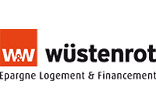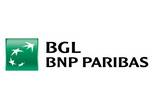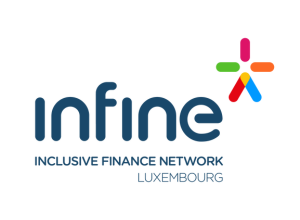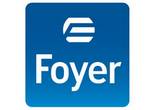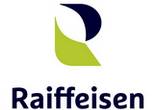
How life-insurance business can become more sustainable ?
The impact of IDD on the Insurance industry
Following the Paris Climate Agreement from December 2015, an Action Plan has come to life in March 2018 for the EU economies to take into account the environmental, social and governance (ESG) impacts of their activities. Lately, on 24 May 2018, the European Commission published a package of Sustainable Finance Legislative Proposals aimed at taking steps forward. These proposals’ respective goals are :
- To establish a unified EU classification system of sustainable economic activities (’taxonomy’) for investors to know which assets are sustainable
- To improve disclosure requirements on how institutional investors integrate ESG factors in their risk processes
- To create a new category of benchmarks, for investors to compare the carbon footprint of their investments
An agreement from the European Parliament and Council should be received on the above proposals in May 2019. This approval will lead to the adoption of delegated acts by 2022.

In addition to this legal evolution, lobbyists such as Greenpeace Luxembourg have not even waited for the international conference COP24 to take place before raising awareness in Luxembourg regarding the impact of the financial industry on climate change. “We are calling for the financial sector to support the transition towards a low carbon footprint economy in order to ensure a sustainable future.” (Greenpeace Luxembourg)
In parallel to these legal and lobbyists’ actions, one can also expect political measures to be undertaken by the new government of Luxembourg for the financial sector to orientate its activities towards a sustainable economy. “The financial place of Luxembourg has invested in the green and sustainable finance to become the reference on this matter.” (CSV party) Similarly, the Dei Greng party mentioned « A green financial policy » in their program. « Both the Luxembourgish stock exchange (Luxembourg Green Exchange) and Luxflag (independent and international finance labelling agency) will be given a wider role » (DP party)
Therefore, it is time for the entire financial industry to wake up and prepare itself to embrace the wave of sustainable finance.
In this context, let us take a deeper look at how the insurance industry could make an impact in order to make the life-insurance business more sustainable and responsible.
Insurance product designers can make an impact in terms of …
- Risk management : By integrating ESG factors in the computation of the financial solvency rate (the risk of a bond as well as the risk of the issuer could take into account their respective ESG factors)
- Pricing : By defining the product pricing in such a way that it incentivizes clients to invest their capital in green assets (e.g. the capital allocation in a bond issued by a sustainable energy producer could lead to a cheaper management fee than a capital allocation in a bond issued by a weapon manufacturer)
Insurance product manufacturers can make an impact…
- At a governance level :
o By incorporating ESG factors in their selection of asset managers (i.e. by collaborating with asset managers prohibiting investments in certain sectors like banned weapons, coal-based business models or sovereign bonds offered by countries with documented severe human right violations or by collaborating with PRI (Principles for Responsible Investments) signatories having ESG policies in place)
o By reducing the insurance undertakings’ capital exposure to the aforementioned sectors to its minimum
o By prohibiting the underwriting of legal persons from the aforementioned sectors
o By raising business partners’ awareness about sustainability issues (via trainings) - At the insurance product monitoring phase :
o By evaluating listed assets’ ESG performance based on a commonly agreed taxonomy within the EU and by requiring explanations or divestments for assets belonging to listed companies scoring below a defined threshold
o By regularly disclosing publicly their progress in implementing principles for sustainable finance in insurance
Insurance product distributors can make an impact…
- At the pre-contractual stage :
o By including sustainable finance in the early underwriting process through the collection of the prospect’s ESG factors based on the proposal for amendments on delegated acts 2017/2359 under IDD. This would also be the occasion for distributors to raise policyholders’ awareness about sustainability issues for them to invest their capital primarily in the sustainable economy. - At the contractual stage :
o By advising prospects to allocate most of their investment in assets, which ESG factor scores above a predefined threshold. - At the servicing stage :
o By advising clients to re-allocate their capital towards assets, which ESG factor scores above a predefined threshold.
Auteures :
Julie van Cleemput, Director,
Julie Castiaux, Senior Manager
Marie-Aude Lemercier, Senior Consultant
By Deloitte Luxembourg : https://www2.deloitte.com/lu/en/pag...

